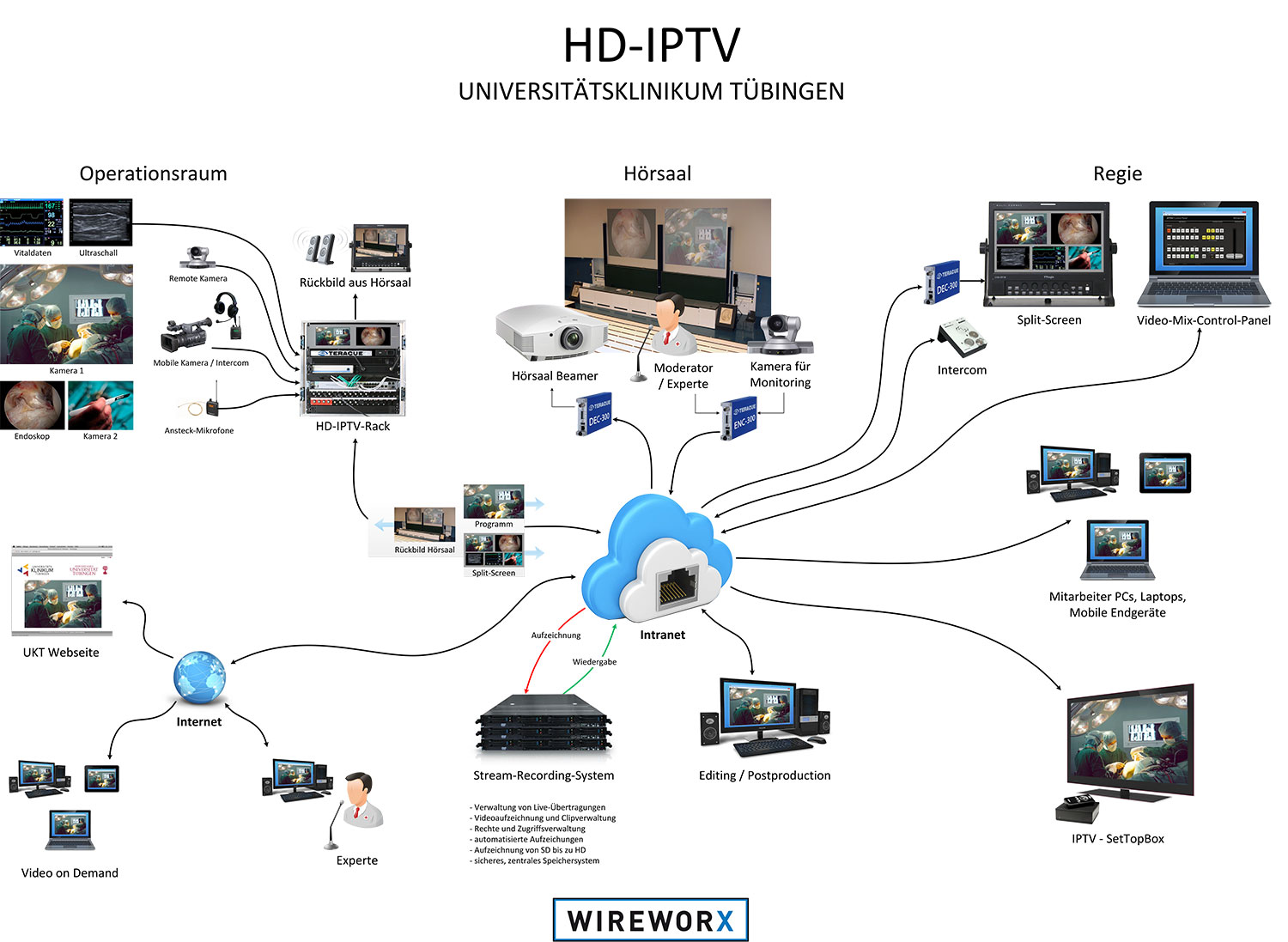


It’s an important consideration, because if large-scale working from home becomes a reality, you may never see your colleagues in person again. There’s also the question of the effects of physically seeing colleagues. For many people, that is simply not the case. Remember, those in Bloom’s study had a room to work in that wasn’t their bedroom. It’s harder to be productive when you’re in a less-than-ideal living situation, like a cramped flat with no home office. Grattan also highlights the inequality that becomes visible with remote work. (In other words, workers whose day-to-day isn’t as repetitive with countable tasks.) However, she says that in her experience with executives during the pandemic, most have said their knowledge workers have become more productive. “We have no proper data on the productivity of knowledge workers when they’re based at home,” she says. Lynda Grattan, a professor at London Business School who specialises in the future of work, flags up other points Bloom’s experiment was easy to carry out because it was essentially happening at a call centre. That surprised Bloom, who was expecting that efficiency might have dipped, which would have been the trade-off to saving money on office space. Nine months passed, and Bloom and Liang discovered workers were 13% more productive at home.

It was easy to do, as these workers had repetitive, straightforward tasks that could easily be quantified, and whose productivity could easily be measured – making bookings in the system or making phone calls, for example. Those born on odd days stayed in the office all week long. Those born on even days got to work from home four out of five weekdays for the next nine months. This piqued the interest of Bloom, whose work has long centred around the question of whether big successful companies could support home working and still be productive, and the two teamed up to find out.įirst, they divvied up 1,000 Ctrip employees who volunteered for the study into two teams, separated by birth dates. Liang mentioned to Bloom how expensive Shanghai real estate was, how the costs of maintaining company headquarters there were huge and that he was thinking of letting his staff work from home because of it. Now, six months into the global pandemic, an increasing number of companies are asking: should we work from home indefinitely? And if they do decide to make major organisational changes about remote work, could they see similar leaps in productivity?īloom’s experiment began when James Liang, CEO of Group (formerly called Ctrip) – the largest online travel agency in China, founded in 1999 – ended up in one of Bloom’s graduate classes at Stanford. Somewhat to Bloom’s surprise, the company’s staff became notably more productive by working from home four days a week. That process is already under way firms including Fujitsu and Twitter have already announced plans to make remote work a permanent option, even after the pandemic.Ī study Bloom did back in 2013 somewhat forecast this trend: in his experiment, Bloom worked with a Chinese company to study remote-work productivity. “One silver lining with the Covid pandemic: it's going to kickstart working from home fringe to a mainstream technology that is commonly used across the country,” he says. And he thinks the attitudes around working from home are finally changing. He’s made a career out of studying work practices, including remote work. I mean, almost none of them are positive images,” says Nicholas Bloom, a professor at Stanford University in California. “Have you punched into Google image search, ‘working from home’, and looked at the top 20 images? They're basically naked people, a guy drinking champagne in what looks like a jacuzzi. But even as remote work has normalised, it’s a recent development: doing your job from your couch was less mainstream before the coronavirus – and even stigmatised. Adapted by Bryan Lufkin.Īmid the Covid-19 crisis, working from home has become run of the mill for many. To listen to more episodes of BBC Sounds, click here. It was presented by Sangita Myska and produced by Sarah Shebbeare. This story is from Curing Our Positivity Problem, an episode of BBC Sounds.


 0 kommentar(er)
0 kommentar(er)
